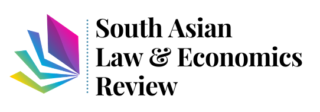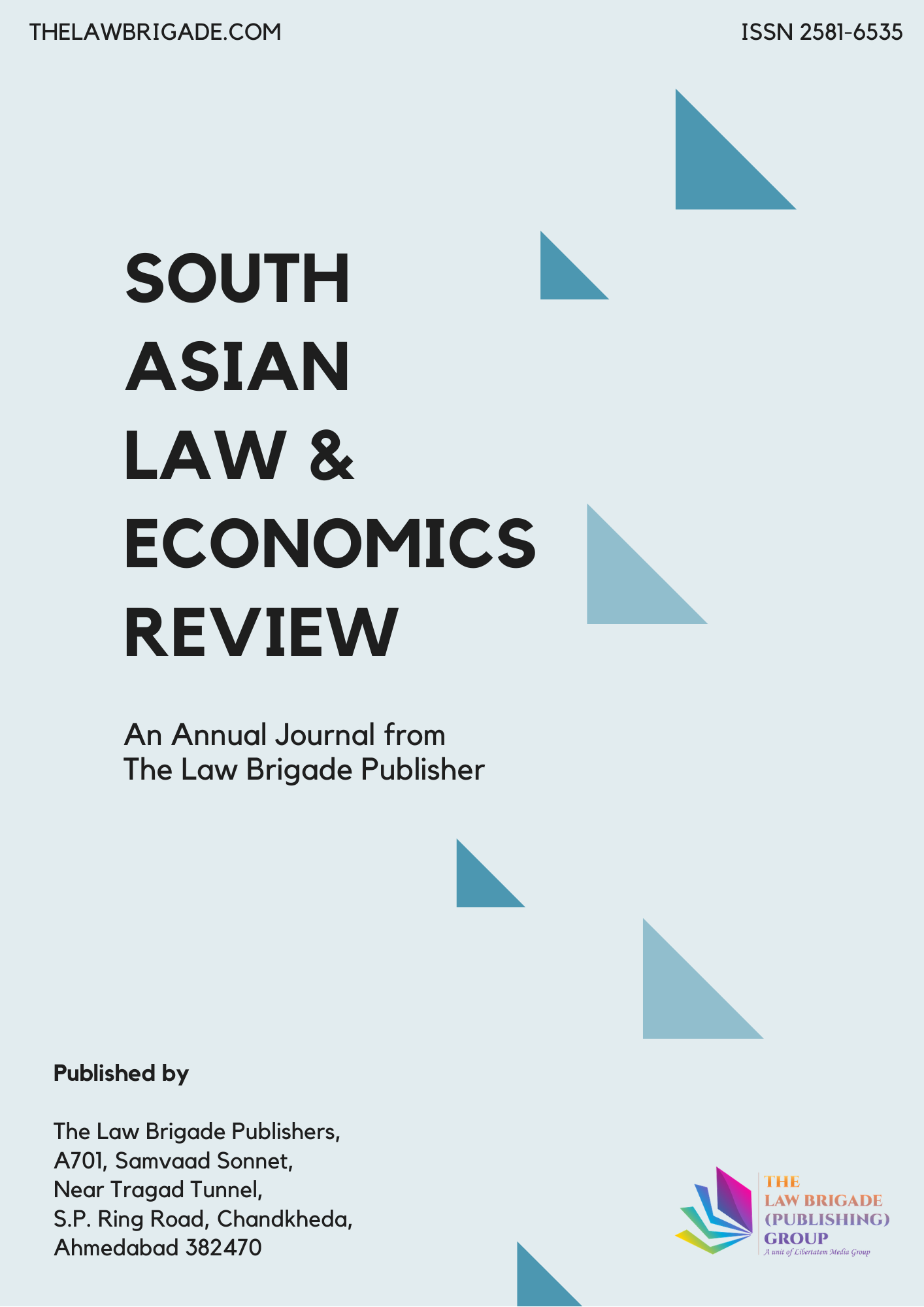Tanzania like many other developing countries faces the development of informal settlements as a consequence of urbanization. In the global south, urban settlement expands horizontally forcing the population to migrate to the outskirts at the cost of agricultural land and natural beauty areas.[i]
As a marked phenomenon of rapid urbanization in Tanzania, urban areas have been experiencing the explosion and uncontrolled spread of informal settlements. They are known as informal settlements, because they are built outside the legal planning framework, informal settlements are generally characterized by high population densities, non-adherence to an official land use planning scheme, illegal occupation of land, illegal use of land, limited or non-existent urban services, and low quality housing stock.[ii]
The paper examines the land use planning and building regulation in informal settlements in Tanzania. The laws and regulations governing land use planning and building in Tanzania are fairly provided for the manner how people can properly use land for building purpose. Despite the law and planning Regulations prohibits the carrying out of any development, house construction inclusive, in planning areas without planning consent, many urban areas in Tanzania have unplanned settlement. Such is the main problem of this study. The paper proceeded under the objective of examining the regulatory framework governing land use planning and building in Tanzania in relation to informal settlement in Mainland Tanzania. To achieve this, the study employs documentary review as well as comparative legal research method. The study has established that, the implementation and enforcement of land use planning processes are not responsive to and legally capable of meeting an increasing variety of demands for planned settlement in Tanzania Mainland. The study recommends the following: law reforms, proactive planning, formulation of urban land use planning policy, pro-poor housing initiatives, operationalization of the land compensation fund, coordination, and political will and commitment.
[i] Penrose, K., Castro, M. C., Werema, J., & Ryan, E. T. (2010). Informal Urban Settlement and Cholera Risk in Dar es Salaam, Tanzania. Plus Neglected Tropical Diseases.
[ii] Bassett, E. M., Gulyani, S., Farvacque – Vitkovic, C., and Debomy, S. (2003). Informal settlement Upgrading in Sub-Saharan Africa: Retrospective and Lessons Learned. Report for the Urban and Water Division, Africa Region Private Sector and Infrastructure Department. Washington DC: The World Bank.





